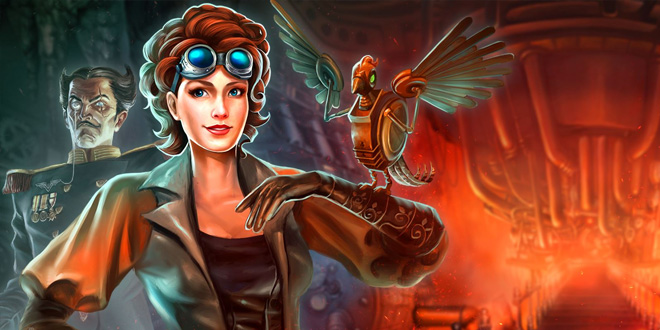I have a pink controller for my Playstation 3. The Nintendo 3DS XL I recently purchased is also pink, albeit a pink and white combination. The path in my Animal Crossing town is composed of pink tile. I don’t make any attempt to hide my affection for some of the more traditionally “feminine” colors in my game related merchandise. But as I stick out my tongue (my subconscious gaming/concentration habit) and initiate the shot that will defeat my enemy via the aforementioned pink controller, little nagging voices will sometimes plague my mind as I look down at my controller of choice. Am I demeaning my image as a serious gamer by unintentionally playing into the casual, “girl gamer” stereotype that has plagued the female gaming community? Do my brother’s friends roll their eyes at me when I discuss my passion for games when they’re forced to borrow the pink controller? Am I going against the rules of feminism by making the choice to chose pink over red or blue or black and reinforce the stereotypes that we’ve worked so hard to free ourselves from?
Spoiler alert: no. It really just means I enjoy the color pink, and, as I have come to learn recently, there’s strength to be gathered from the “girly” color and other stereotypically “girly” games.
In video games and game marketing it’s pretty obvious which ones are meant for girls. They’re the Cooking Mamas, the Barbie Horse Adventures, even the Animal Crossings or Harvest Moons. They’re the ones with the pink covers and cute designs, harnessing preconceived, entrenched ideas that it’s a color that will attract girls from near and far. But they can also be fun games that, while not necessarily serious, are entertaining. And, more importantly, there is absolutely nothing wrong with liking them. This is a concept that I’ve personally struggled with, particularly as I’ve really started to try and “find myself” within the gaming community. Just because they might involve roles we’ve been stereotyped into doesn’t mean we can’t reclaim them and still retain our complexity and diverse interests. As some women and feminist groups seek to reclaim the color pink, I believe so too should we not feel any shame in liking these sorts of games if we genuinely enjoy them. It should be no one’s decision but our own to choose what games we want to embrace. While some games might take “girliness” to the extreme, and some are definitely better than others, enjoying them shouldn’t be a point of embarrassment and shame. Now, these games shouldn’t be marketed as the only retail sector for girls or women, which is another problematic issue in the industry, but it completely uncalled for people both within the feminist community or outside of it to judge game choices based on said “girliness” or “casualness.” Ultimately, doing so, particularly amongst female gamers, only hinders our struggle for proper gaming equality.
I personally enjoy pink and heavy metal, magical girls and horror movies and games. Even when I was a kid my game collection included Barbie Horse Adventures and Time Splitters on equal measure. I am a complex person not defined by any favorite color or played games list, and one decision, like the color of the controller I’m buying. It’s difficult to dismiss any or all criticism by dissenters but strength in women, be it gaming or not, doesn’t revolve around trying to separate ourselves as much as possible from “feminine” interests. It’s about seeing them as viable facets in our personalities that don’t make us weaker or less feminist, just a more complex individual.
It’s also important to note that there’s a great deal of difference between girls and women being given the choice of pink amongst a variety of colors and pigeonholing us into only being able to decide between barely discernible shades of pink. I think the girls aisle in most toy stores and grocery stores speak for the problem of the pink plague or the creeping pink syndrome, where pink engulfs the merchandise marketed for female consumers, particularly young girls. By no means should we be indoctrinated into pink or forced to have pink as a default. Just because I like pink doesn’t mean all of us like it, or that we should have to like it. It just shouldn’t be vilified or made to seem like a weak option. In the end, the choice to pick up a pink controller or take delight in traditionally feminine objects, ideals, or pursuits should be left up to us to decide, not an outside force or marketing team, and not reduce us to hierarchical levels of strength in women.




